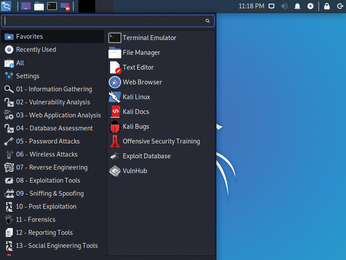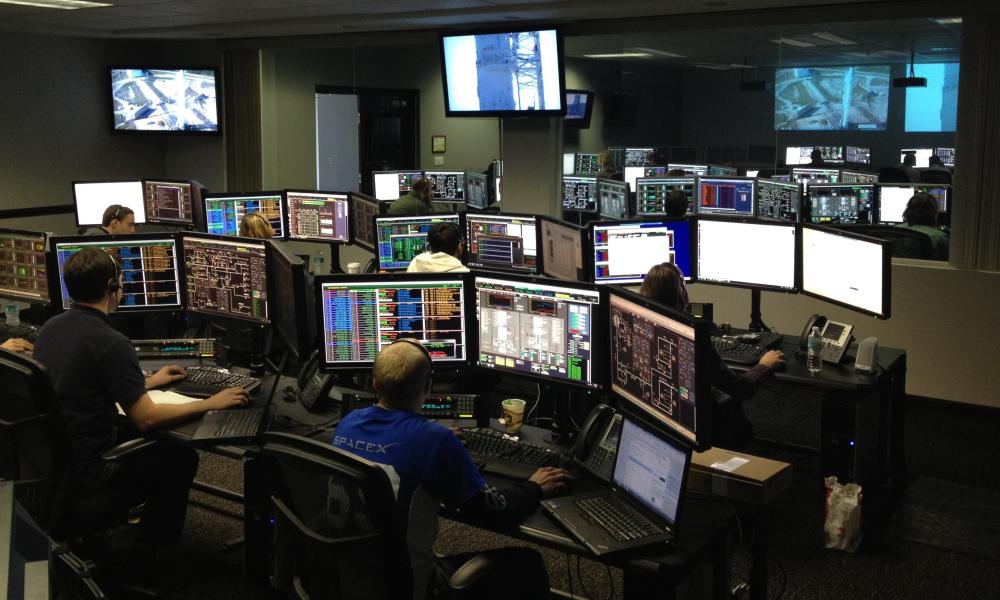---------- Forwarded message ---------
Date: Feb 3, 2020 10:32PM
It was discovered that the binder IPC implementation in the Linux kernel
did not properly perform bounds checking in some situations, leading to an
out-of-bounds write. A local attacker could use this to cause a denial of
service (system crash) or possibly execute arbitrary code. (CVE-2019-2214)
It was discovered that the Linux kernel did not properly clear data
structures on context switches for certain Intel graphics processors. A
local attacker could use this to expose sensitive information.
(CVE-2019-14615)
It was discovered that a heap-based buffer overflow existed in the Marvell
WiFi-Ex Driver for the Linux kernel. A physically proximate attacker could
use this to cause a denial of service (system crash) or possibly execute
arbitrary code. (CVE-2019-14895)
It was discovered that a heap-based buffer overflow existed in the Marvell
Libertas WLAN Driver for the Linux kernel. A physically proximate attacker
could use this to cause a denial of service (system crash) or possibly
execute arbitrary code. (CVE-2019-14896)
It was discovered that a heap-based buffer overflow existed in the Marvell
Libertas WLAN Driver for the Linux kernel. A physically proximate attacker
could use this to cause a denial of service (system crash) or possibly
execute arbitrary code. (CVE-2019-14897)
It was discovered that a heap-based buffer overflow existed in the Marvell
WiFi-Ex Driver for the Linux kernel. A physically proximate attacker could
use this to cause a denial of service (system crash) or possibly execute
arbitrary code. (CVE-2019-14901)
It was discovered that the btrfs file system in the Linux kernel did not
properly validate metadata, leading to a NULL pointer dereference. An
attacker could use this to specially craft a file system image that, when
mounted, could cause a denial of service (system crash). (CVE-2019-18885)
References:
CVE-2019-2214, CVE-2019-14615, CVE-2019-14895, CVE-2019-14896,
CVE-2019-14897, CVE-2019-14901, CVE-2019-18885













